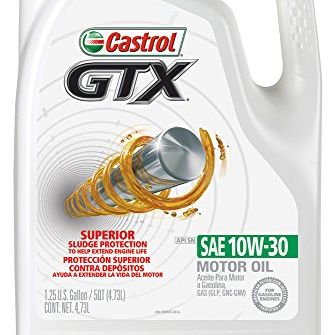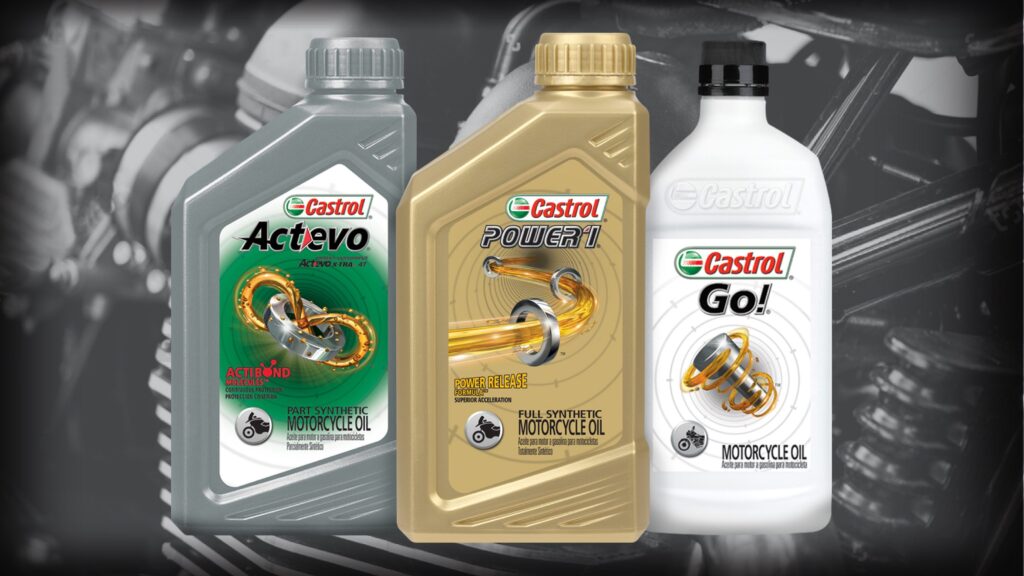Maintaining your car is a big responsibility. One key aspect of car maintenance is selecting the right engine oil. Different engines need different oils. Understanding the types helps keep your car running.
1. Conventional Oil
Conventional oil, sometimes known as mineral oil, is the traditional oil for engines. It is best for simple engine designs and regular driving styles. Here are its main traits:
- Good for older models.
- Best for light-duty vehicles.
- Most affordable option.
2. Full Synthetic Oil
Full synthetic oil is top-tier for engine performance and protection. It withstands extreme temperatures and is great for high-tech engines. Its benefits include:
- High viscosity levels.
- Reduced engine drag.
- Better fuel economy.

Credit: www.motorist.sg
3. Synthetic Blend Oil
Synthetic blend oil combines conventional and synthetic oils. It offers a balance between performance and price. Here’s what’s good about this oil:
- Less volatile, less oil loss.
- Better protection for engines.
- More affordable than full synthetic.

Credit: www.popularmechanics.com
4. High-Mileage Oil
High-mileage oil is for cars with over 75,000 miles. This oil helps reduce oil burn-off and leaks. Key advantages are:
- Added conditioners for aging seals.
- Helps reduce smoke and emissions.
- Protects older engine parts.
Do you know when to use them? For details, click here.
Read More: Types of Engine Oil for Car: Choosing the Best Lubricant for Your Vehicle
Engine Oil Comparison Table
| Type | Best For | Main Benefits | Price Range |
|---|---|---|---|
| Conventional Oil | Older cars, light-duty | Basic protection | $ |
| Full Synthetic Oil | Modern engines, high performance | High protection, efficiency | $$$ |
| Synthetic Blend Oil | Mixed driving, mid-range vehicles | Better protection, moderate price | $$ |
| High-Mileage Oil | Older vehicles, high mileage | Restoratives, helps aging engines | $$ |
Changing engine oil regularly is key. It keeps the car’s engine healthy. A good rule is to change it every 3,000 to 5,000 miles.
Conclusion
Understanding the four types of engine oil helps you make informed decisions. This ensures your car runs its best. Always refer to the car’s manual for the maker’s recommendations.
Ensuring your vehicle receives the correct type of engine oil is not just about maintenance—it’s about maximizing performance, longevity, and efficiency. Whether you opt for conventional oil for an older, less-demanding engine, full synthetic oil for the highest level of performance and protection, synthetic blend oil for a balanced, cost-effective approach, or high-mileage oil designed for the unique needs of an aging vehicle, you’re investing in the long-term health of your car. By understanding your vehicle’s needs, and changing oil at proper intervals, your engine remains powerful and efficient year-round.
Remember, the right choice of oil can make a significant difference. Not just in your car’s performance, but also in how long it lasts. Armed with this knowledge, you’re now ready to give your car the care it deserves.
Take care of your car, and it will take care of you. Happy motoring!


